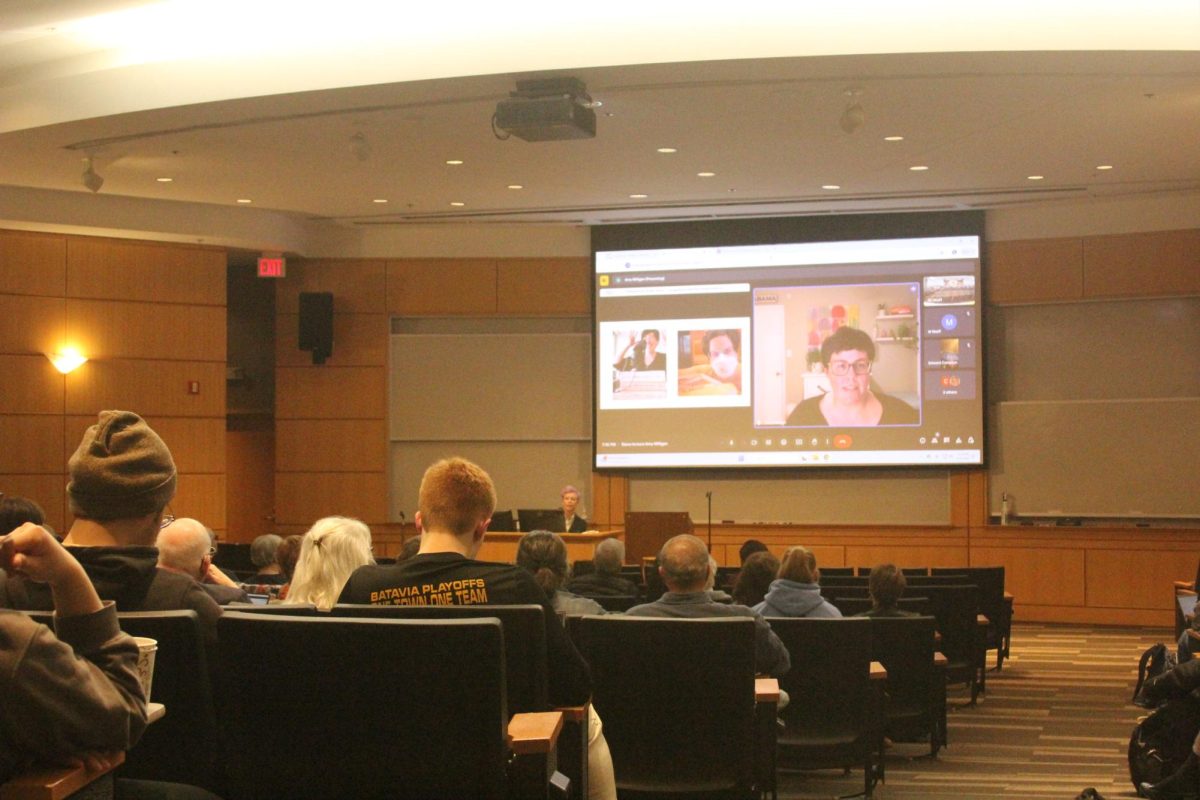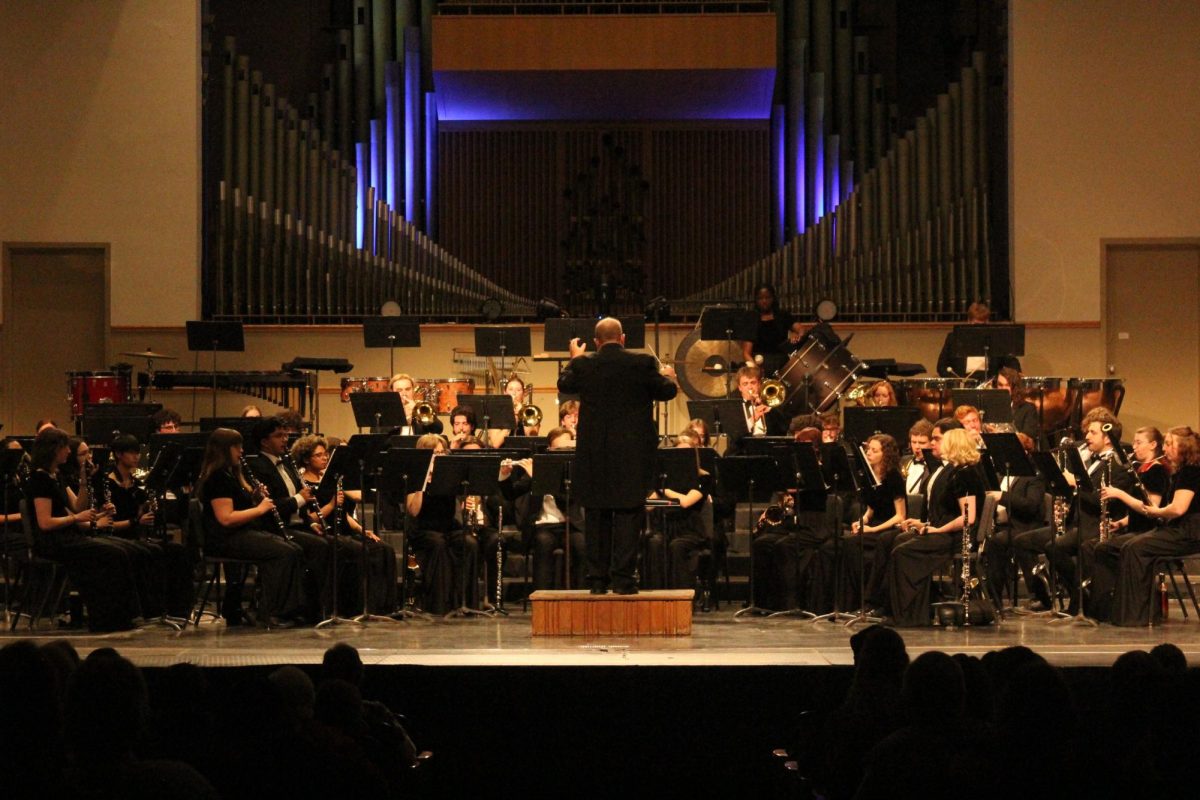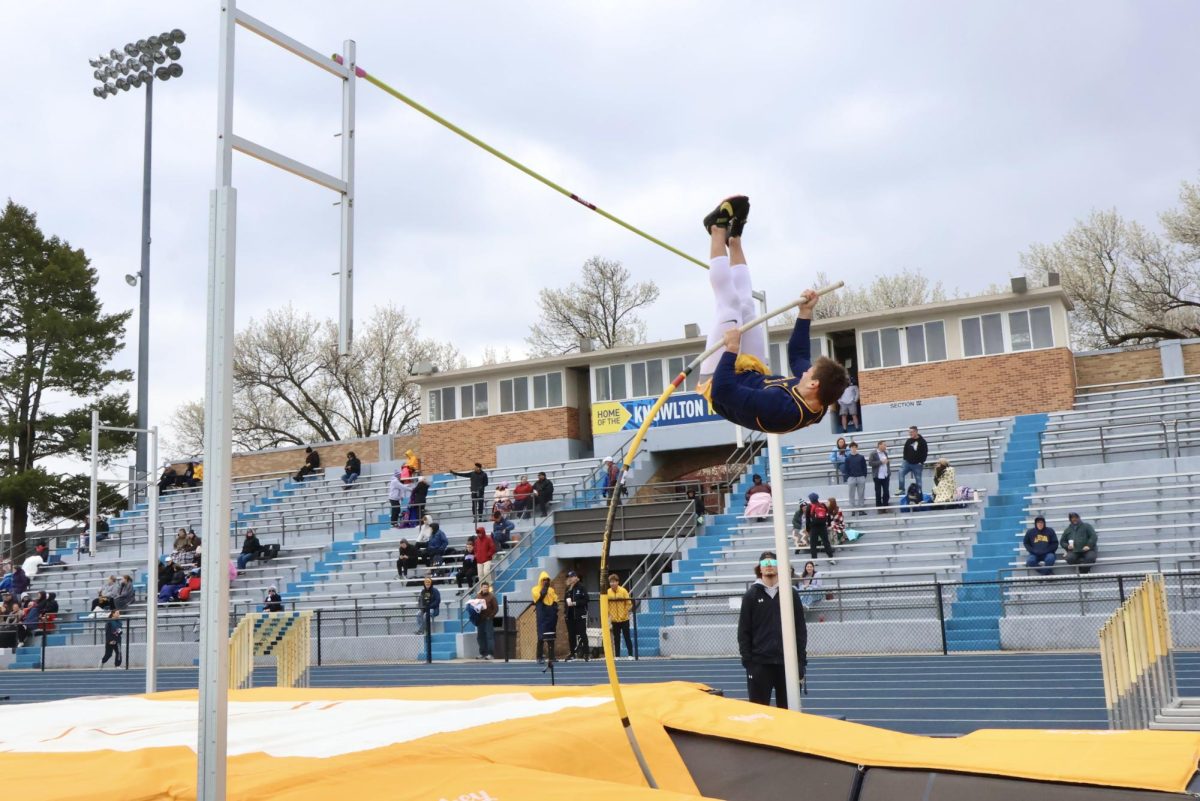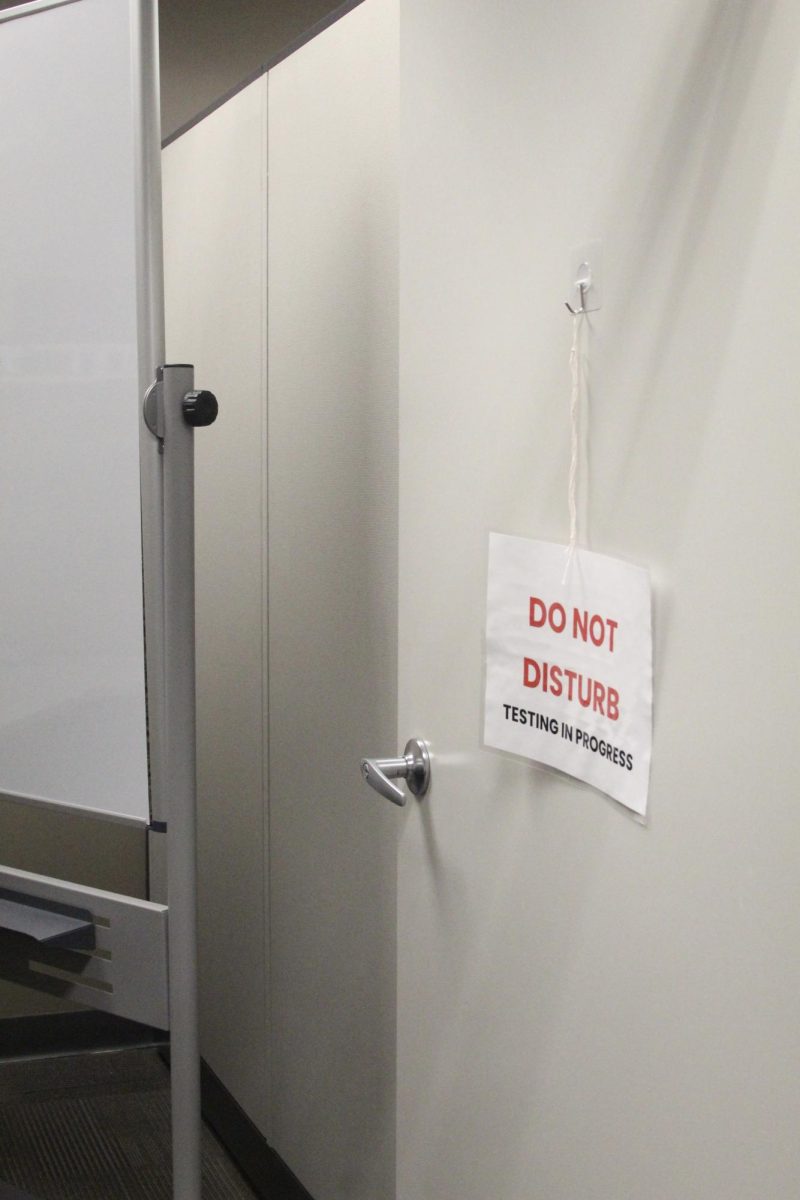When people hear that someone is going to college, they often picture the person walking across campus, attending in-person lectures and likely even living in a dorm building. But for count-
less students across the country, this is not the case.
According to an article by Forbes Advisor, nearly 6% of all college students in the United States are enrolled in an online education program. This number does not include students enrolled in a traditional in-person college who may take some or all of their classes online.
At Augustana, this is not an option. All classes are offered in-person aside from the rare extenuating circumstance. Students are required to attend the large majority of all class sessions in a semester, sometimes getting up to three excused absences before facing academic penalty. In other classes, attendance at each individual class session counts as a percentage point of a student’s overall grade.
Not only is this unfair to the average student who will likely come down with an illness at some point during the year, it is also unfair to students with disabilities who are then exposed to their sick classmates. Students who are immunocompromised, have a chronic illness or are otherwise disabled should not be required to attend an in-person class alongside students who are actively ill.
While students with a diagnosed disability have the option to request accommodations through Augustana’s office of disability services, those who are undiagnosed, uncomfortable requesting accommodations and those who are requesting accommodations that are outside of what may be deemed to be the ordinary may face challenges in getting what they need in order to be successful.
This could include students who need the option to attend classes online every so often, whether or not they have a documented disability.
Augustana prides itself on its inclusivity and willingness to accommodate all students regardless of need. The unfortunate reality of this statement is that there are strict rules in place, whether they be up to the college or
the individual professors, that prevent many students from being appropriately accommodated. Especially in regards to alternative learning options, Augustana has a long way to go.
Most likely, we all participated in online learning during the first year or two of the COVID-19 pandemic. In fact, a percentage of this year’s seniors completed their freshman fall semester of college from their own homes, stepping foot on campus for the first time at the beginning of the spring semester.
This could have been an overall positive or negative experience, depending on a student’s needs and their specific learning style.
Maybe you were excited to go back to school, see your friends and get back to normal at the end of 2021. For many people, however, this normal has still yet to come, even a third of the way through 2024. Students with disabilities, particularly those that affect their immune system, may have been less able
to go back to in-person activities. They may still be unable to participate in life as normal due to the unwillingness of others to take necessary precautions.
In addition to helping immunocompromised students who may be unable to safely attend in-person classes, offering a remote option would assist students who are physically unable to navigate Augustana’s campus. We all know that this campus is not the most easily navigable between the countless hills and numerous flights of stairs. For students with physical disabilities, however, this may prevent them from being able to attend Augustana at all.
Whether a student is injured, on crutches, in a wheelchair or uses another type of mobility aid, getting to classes can be incredibly difficult. According to a survey done by the ADA national network, 34% of students with a documented disability who responded were enrolled in college online. While online courses come with their own variety of inaccessible resources, they allow for students to take classes from their own home and avoid needing to find a way to get to class.
Overall, more than 70% of students who participated in the ADA National network’s survey said that they had attended at least one course online. Students reported encountering less stressful environments, having increased confidence in the classroom and being more able to control their learning speed.
If Augustana were to implement online learning options for all students regardless of documented disability, it would be beneficial to everyone. Augustana’s commitment to providing an equitable education is admirable, but more work needs to be done to make it reality.







































































































